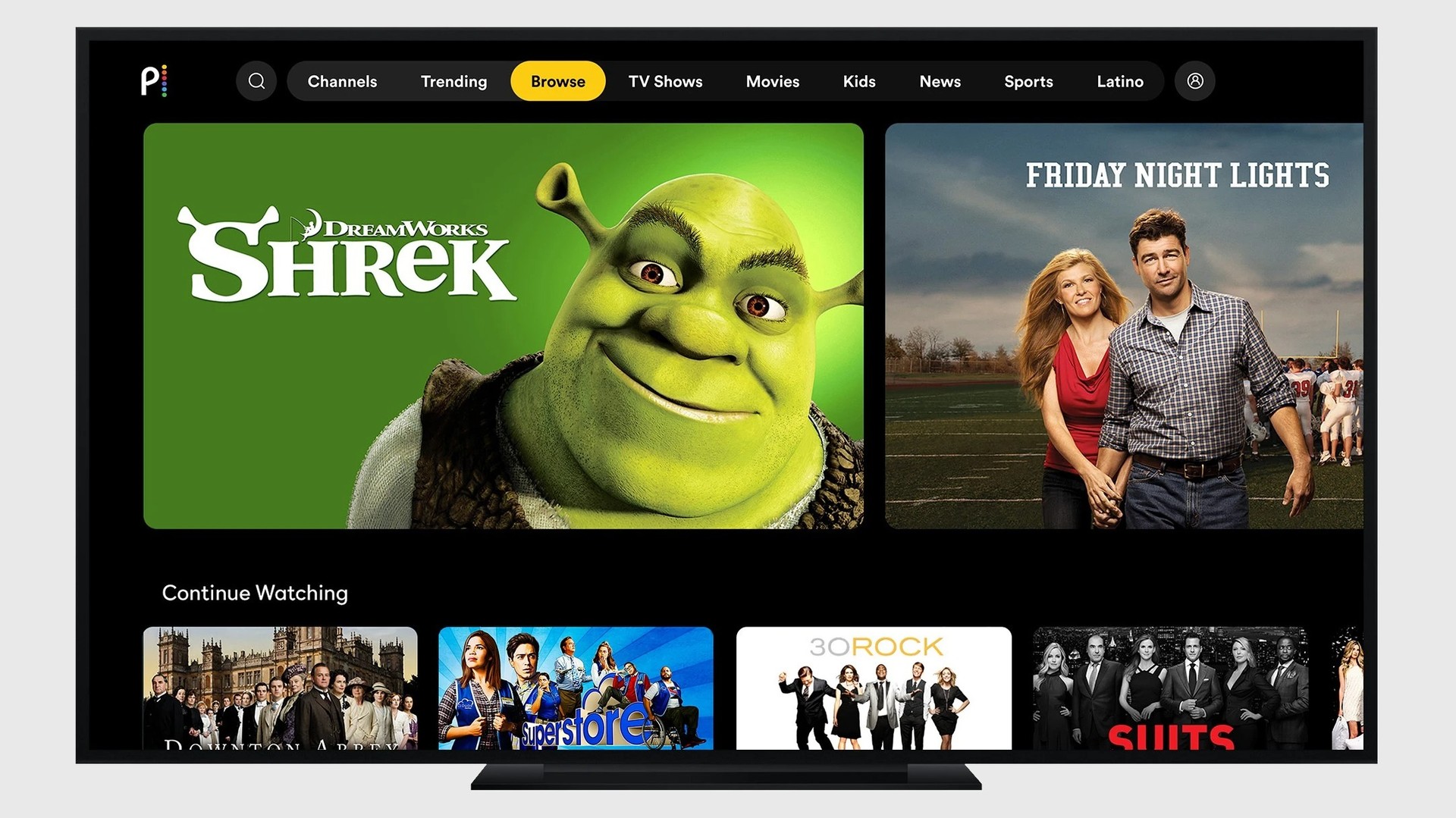That Google, Netflix and company pay to use the networks could be bad


The Internet has become a key part of our society. Like many other things, there needs to be a regulation that allows access to it to be guaranteed for all, in addition to ensuring a scenario where we can access it safely. For this it is necessary that there is an infrastructure that, although it is true that it is highly developed, still has a long way to go to reach an optimal level. For this, they would be studying “charging” the large companies, but this might not be a good idea at all.
When we talk about big companies we are referring directly to the “big fish” of the Internet, such as Google, Meta or Netflix, just to name a few of them. The Vice President of the European Commission, Margrethe Vestagercommented a few weeks ago that these companies should help finance the improvement of infrastructures, but this would go completely against what is known as net neutrality.
What is net neutrality?
Net neutrality is one of the principles that regulates the use of the Internet in Europe, and in fact it is one of the most important. This, which was approved back in 2015, is looking for Internet access to be exactly the same for everyone. This implies that there can be no limitations of any kind for users who want to access one service or another, since it requires that equal treatment for all.
In this sense, a service provider or operator cannot limit a user’s access to a certain service, such as Netflix, for example. If this limitation were to occur for this platform and not for another such as Amazon Prime Video or Disney Plus, it would be producing a very unfair imbalance, something that goes completely against the principle of net neutrality.

Net neutrality.
Although this principle is fantastic on paper, the truth is that it is difficult to apply in the real world. If the measure sought from Europe so that the large Internet entities pay to develop infrastructures is carried out, it will be very difficult for net neutrality to be maintained in the terms in which we know it.
Several groups oppose this measure
As we have commented just before, this unpopular measure goes totally against what net neutrality is looking for. If these companies received a kind of “tax” with which they would be obliged to strengthen the networks, in the end the extra cost would fall on the consumer. What this would cause would be that the consumer would be paying double to use a service, since first there would be the payment to the provider to use these services, and also pay the extra cost that would be associated.
This measure has been strongly rejected by 34 NGOs from 17 countries, among which are European Digital Rights, Civil Liberties Union for Europe, ARTICLE 19 and the Electronic Frontier Foundation. In the words of this conglomerate of organizations:
The European Union’s neutrality law allows Europeans to use the bandwidth they buy from their service providers however they want, whether it’s for Netflix, YouTube, Facebook or for a small, local site or service. Therefore, European telecommunications companies are already compensated by their own Internet service customers for transporting this data through their access networks; they simply want to be paid twice for the same service.




